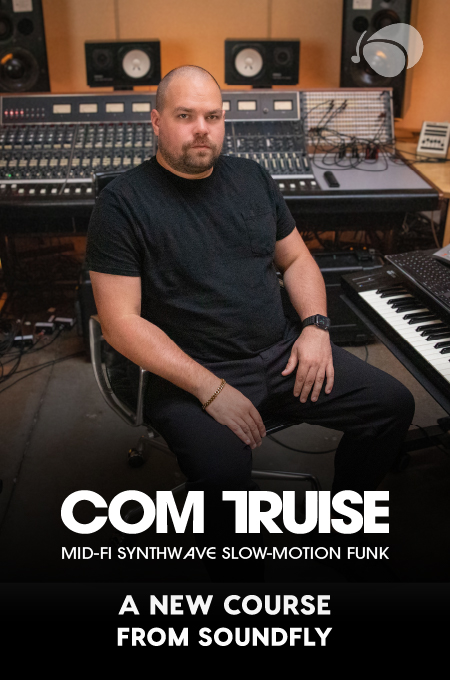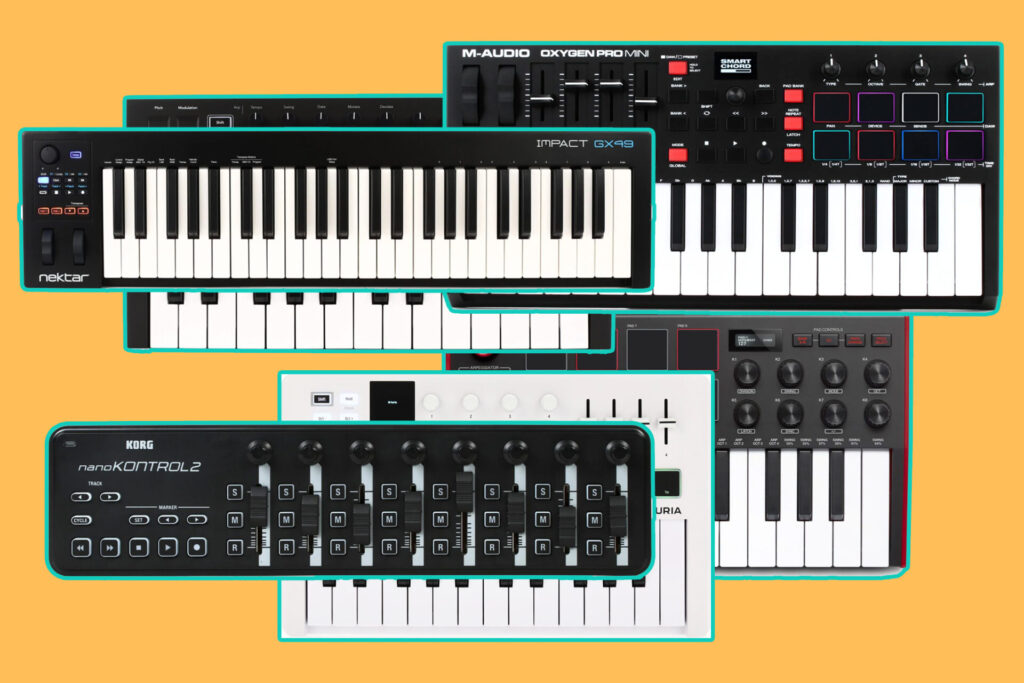
+ Learn from Grammy-winning pop artist Kimbra how to harness the full creative potential of your voice in song. Check out her course.
I always say the best part of being a vocalist is the ability to take my instrument with me everywhere I go. But the downside of your instrument being part of your body, is that your health is everything. A drummer with bad allergies can still play a show, and a guitarist with the flu can still complete their session work from home if needed.
But a singer? Well those two challenges will have you down for the count, and sometimes unable to use your voice at all! So here are six tips for maintaining optimal vocal health.
1. Stay Hydrated
Eight glasses of water per day is the general health recommendation for people, but as a singer, you should really strive for 10-12. Your vocal cords are useless if dry, and dehydration is bad for anyone.
Make sure you always have (preferably room temperature) water available to you, and keep a bottle on you whenever you’re in transit to make sure you’re keeping up throughout the day. I always like to start my morning by drinking a full glass of water to get off to a good start and try to make sure I’m hitting my “hydration goals” periodically throughout the day.
If you struggle to get your glasses in each day, try adding some citrus, berry, or herbal flavorings to make your water drinking more exciting!
+ Read more on Flypaper: “The Importance of Vocal Warmups and How to Do Them Correctly.”
2. Never Skip Your Warm-Ups
The same way it would be a bad idea to not warm up before physical exercise is why it’s important to warm up your voice before singing. Vocal cords are made of soft tissue and the cords are controlled by the inner muscles of your larynx, which are extremely delicate (and the reason why they are so easy to damage/fatigue).
Whether you have some pre-recorded go-to tracks, find them online, or run scales on a piano, you should never, ever skip your warm ups!
You’ve got to stretch and relax those muscles in a methodical fashion to help reduce the risk of injury, loosen everything up, and remove excess mucous so you can sing clearly. Plan on at least 15-20 minutes before any practice, recording session, or gig.
3. Use a Humidifier (Seriously.)
Best used where you sleep over night (especially in the winter) and ahead of any singing time, a humidifier is an essential tool every vocalist should have at their disposal to help add moisture to the air and prevent vocal cords from drying out.
+ Learn production, composition, songwriting, theory, arranging, mixing, and more; whenever you want and wherever you are. Subscribe for full access!
4. Have Your “Under the Weather” Remedies Armed and Ready
Let’s face it: no one ever plans to lose their voice. Not only is it annoying for day-to-day life, but for a singer, this could be what separates you from doing your job (and getting paid!).
It’s always best to have a little “singer survival kit” stocked up at home, consisting of things like decaf herbal teas, honey, and throat spray. (*Learn more about the “Singer’s Diet” in this post.)
5. Limit Caffeine and Alcohol Intake (Sorry?)
As many of us already know, caffeinated beverages are dehydrating to the body. But did you know they are also a stimulant and cause a diuretic effect, resulting in us actually losing water? Alcohol has a similar effect regarding the body’s hormone production in an effort to help reabsorb our much-needed H2O.
In short: you’ll want to lay off the caffeine and alcohol to keep your voice in tip-top shape. Sorry about that, folks, don’t shoot the messenger!
6. Listen to Your Body
Everyone’s limitations are different. It’s important to listen to and respect your body. If your vocal endurance isn’t up to snuff, there’s no shame in taking the time you need to prepare for a gig, or turn something down if it’s not what’s best for your vocal health.
All singers experience burnout, and everyone will tell you it’s just not worth it to overdo it. (And often costs you more both financially and physically in the long run, anyway!)
Be smart about your scheduling and make sure you’re taking care of yourself, while also working toward personal and professional growth in a healthy way.
Don’t stop here!
Continue learning with hundreds of lessons on songwriting, mixing, recording and production, composing, beat making, and more on Soundfly, with artist-led courses by Ryan Lott, Com Truise, Jlin, Kiefer, RJD2, and Kimbra: Vocal Creativity, Arranging, & Production.




